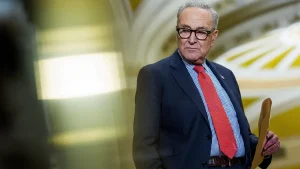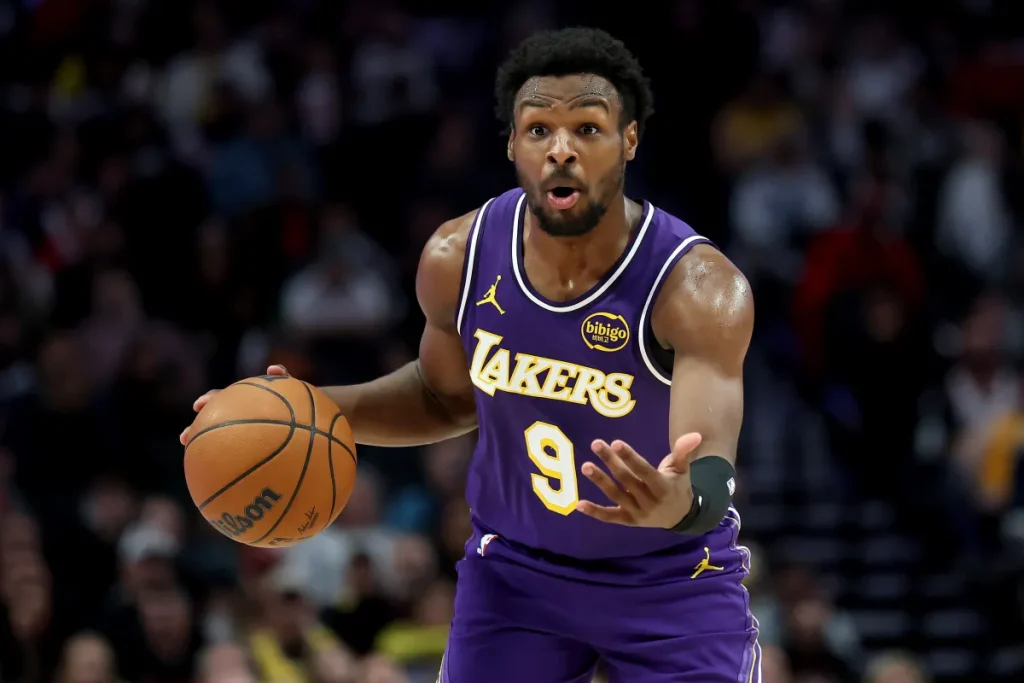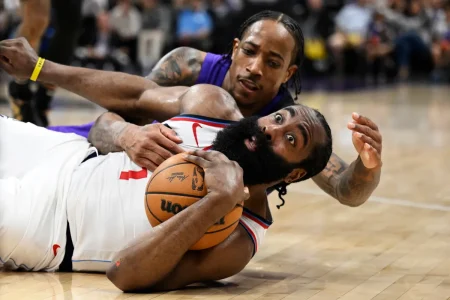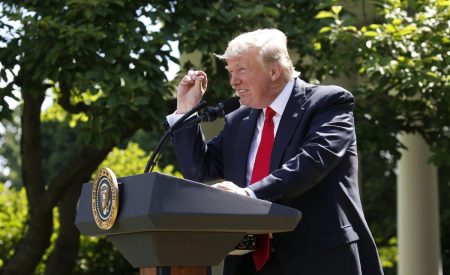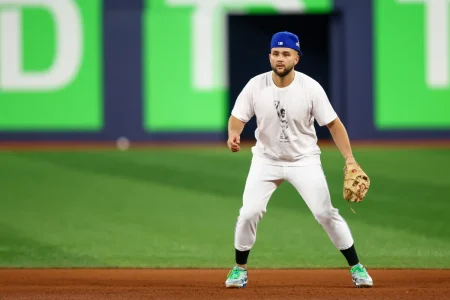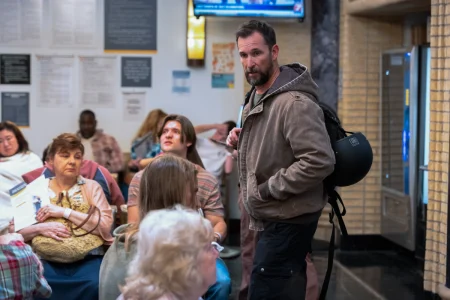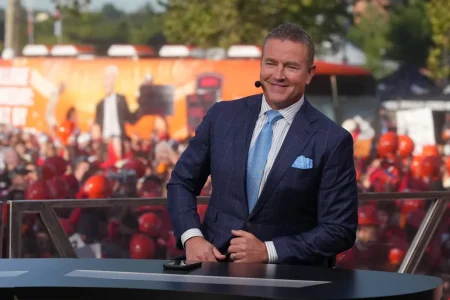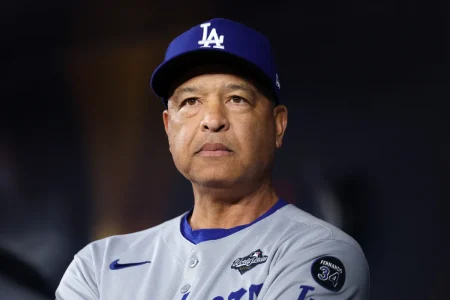Bronny James: Finding His Place in the NBA Spotlight
In the high-stakes world of the Los Angeles Lakers, Bronny James finds himself navigating the complex transition from highly-publicized prospect to NBA role player. The Lakers have consistently included him in their rotation this season, giving him 110 minutes across 10 games, including one start. While his playing time has been inconsistent—with several games where he didn’t leave the bench—head coach JJ Redick appears determined to carve out situations where the young guard can succeed. This calculated approach shows the organization’s commitment to Bronny’s development, even as he plays under the enormous shadow of his father, LeBron, and alongside stars like Luka Doncic and Austin Reaves on a Western Conference contender.
Gilbert Arenas, a former NBA All-Star known for his unfiltered opinions, recently critiqued Bronny’s approach on his podcast “The Arena,” suggesting the young player isn’t showcasing his true abilities. “You can’t just be in the game,” Arenas stated bluntly. “You’re too athletic, you’re too explosive going to the rim. You’re sitting there trying to play safe basketball, and safe basketball makes you look bad.” Arenas painted a picture of a talented young athlete who appears overly cautious, playing what he described as “hot potato” basketball—quickly passing the ball away rather than creating opportunities, taking only the most obvious open shots, and focusing primarily on defense. This risk-averse style, according to Arenas, prevents Bronny from displaying his true potential and athleticism.
The statistics support some of Arenas’ observations. Bronny is averaging just 2.1 points in his 11 minutes per game, shooting a modest 29 percent from the field. Perhaps most telling is that he’s attempting fewer than one shot per game at the NBA level—a dramatic departure from his playing style in other contexts. This conservative approach might stem from the understandable pressure of being LeBron James’ son, playing on his father’s team, with millions of eyes scrutinizing his every move. For a 20-year-old still developing his game, the temptation to avoid mistakes rather than showcase skills becomes particularly strong when those mistakes would be amplified through endless social media clips and commentary.
What makes Arenas’ critique particularly interesting is his observation of the stark contrast between Bronny’s NBA and G League performances. “This is not the style he plays in the G League,” Arenas noted. “In the G League, he is a focal point and you see him average 21-22.” Indeed, with the South Bay Lakers last season, Bronny attempted 17.5 shots per game, resulting in an impressive 21.9 points per game over 11 matchups. This dramatic difference highlights the psychological adjustment required when moving between these leagues—from being a primary option allowed to play through mistakes to a role player on a team with championship aspirations where every possession matters. While no one expects Bronny to take 17 shots in an NBA game surrounded by established stars, Arenas suggests that finding a middle ground of assertiveness could help the young guard demonstrate his true capabilities.
The situation represents a unique developmental challenge rarely seen in professional sports. Most NBA rookies and second-year players either join rebuilding teams where they can develop through trial and error or spend extensive time in the G League before earning meaningful NBA minutes. Bronny, due to his last name and the unprecedented circumstance of playing alongside his father, has been thrust into a spotlight few young players experience. His development is happening not just under the scrutiny of coaches and teammates but the entire basketball world. The pressure to justify his place on the roster—proving he’s there for basketball reasons rather than his familial connection—adds another layer of complexity to his professional growth.
As Bronny continues his NBA journey, finding the balance between playing it safe and showing the explosive athleticism and skill that earned him this opportunity remains his greatest challenge. The Lakers organization appears committed to his development, with Redick strategically inserting him into situations where he might succeed. Meanwhile, veterans like Arenas are calling for more assertiveness from the young guard, believing that playing too cautiously might actually hinder his growth rather than protect it. For Bronny, the path forward likely involves gradually increasing his aggression and risk-taking as he grows more comfortable at the NBA level. If he can harness the confidence and skill he displays in the G League while adapting to his role on the Lakers, he may yet carve out a meaningful NBA career—one that exists independently of his famous last name and stands on its own merits.

